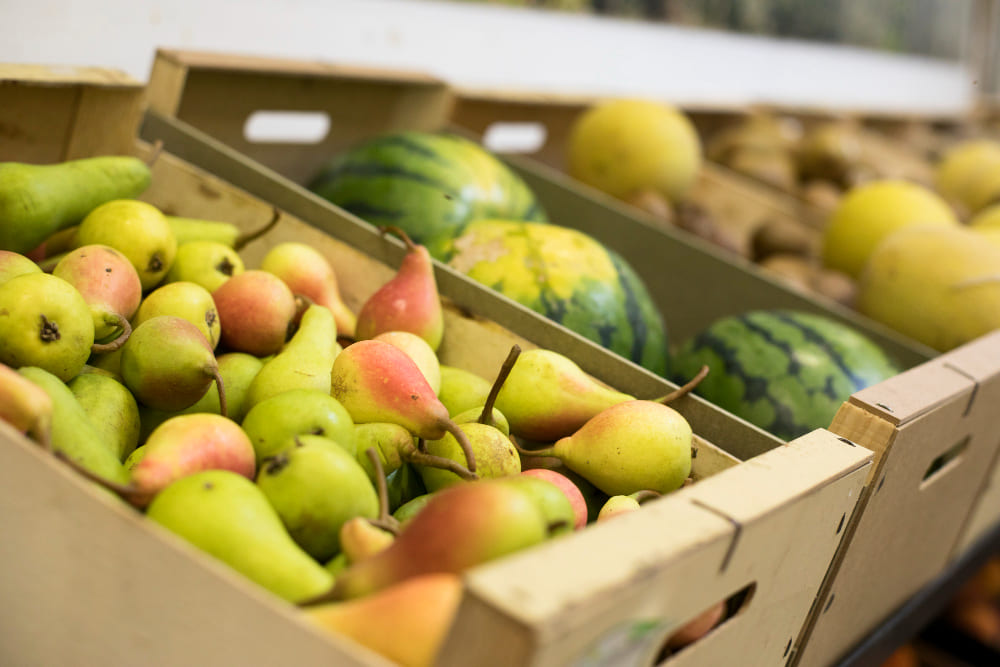The transportation of fresh food presents companies with numerous challenges. The sensitive products are often susceptible to temperature changes, contamination and delays in the transportation process. Special measures and technologies are required to ensure the quality and safety of the goods. In this article, we look at the challenges that arise during fresh food transportation and how companies can overcome them.
1. the importance of an unbroken cold chain
One of the biggest challenges when transporting fresh food is ensuring an unbroken cold chain. Fresh products such as meat, fish, fruit and vegetables must be kept at a constant temperature throughout transportation to prevent spoilage and loss of nutrients. An interruption in the cold chain can lead to a considerable loss of quality and even jeopardize food safety.
2. strict legal requirements
There are strict legal requirements in the food sector that regulate compliance with the cold chain. European Regulation (EC) No. 853/2004, for example, stipulates that perishable foodstuffs must be transported at a maximum temperature of 4°C. Frozen foodstuffs must be transported at temperatures below -18°C. Frozen goods must be transported at temperatures below -18°C. These requirements must be adhered to and monitored throughout transportation.
3. temperature-sensitive products and their requirements
Each type of fresh food has specific temperature requirements. While meat and fish must be transported at cooler temperatures, fruit and vegetables are often more sensitive to temperatures that are too low. This requires special cooling technologies and precise planning of storage and transportation.
4. technologies for monitoring the cold chain
Modern technology plays a crucial role in ensuring an unbroken cold chain. Sensors and tracking systems make it possible to monitor the temperature in real time and intervene immediately in the event of deviations. This allows companies to react quickly before the quality of the products is compromised.
5. logistical challenges
In addition to temperature monitoring, there are also logistical challenges that need to be overcome when transporting fresh produce. Delays in transportation, long delivery times and improper handling can affect the quality of the goods. It is therefore important that logistics service providers have special training and processes in place to ensure the safe transportation of food.
Conclusion
Fresh food transportation requires a high degree of care and technological support in order to maintain the quality of the food. Companies must therefore ensure that they use modern monitoring systems and adhere to strict standards to guarantee food safety and quality. Only then can consumers enjoy fresh and safe products.
Are you ready to take your logistics to the next level?
Contact us today for a no-obligation consultation and find out how we can optimize your transport and fresh produce logistics. Together, we will find the best solutions for the safe transportation and efficient storage of your goods.
We look forward to hearing from you and showing you how our transport logistics, fresh produce logistics and B2B logistics services can help your company achieve your goals. Put your trust in our experience and let us work together to make your logistics future-proof!

